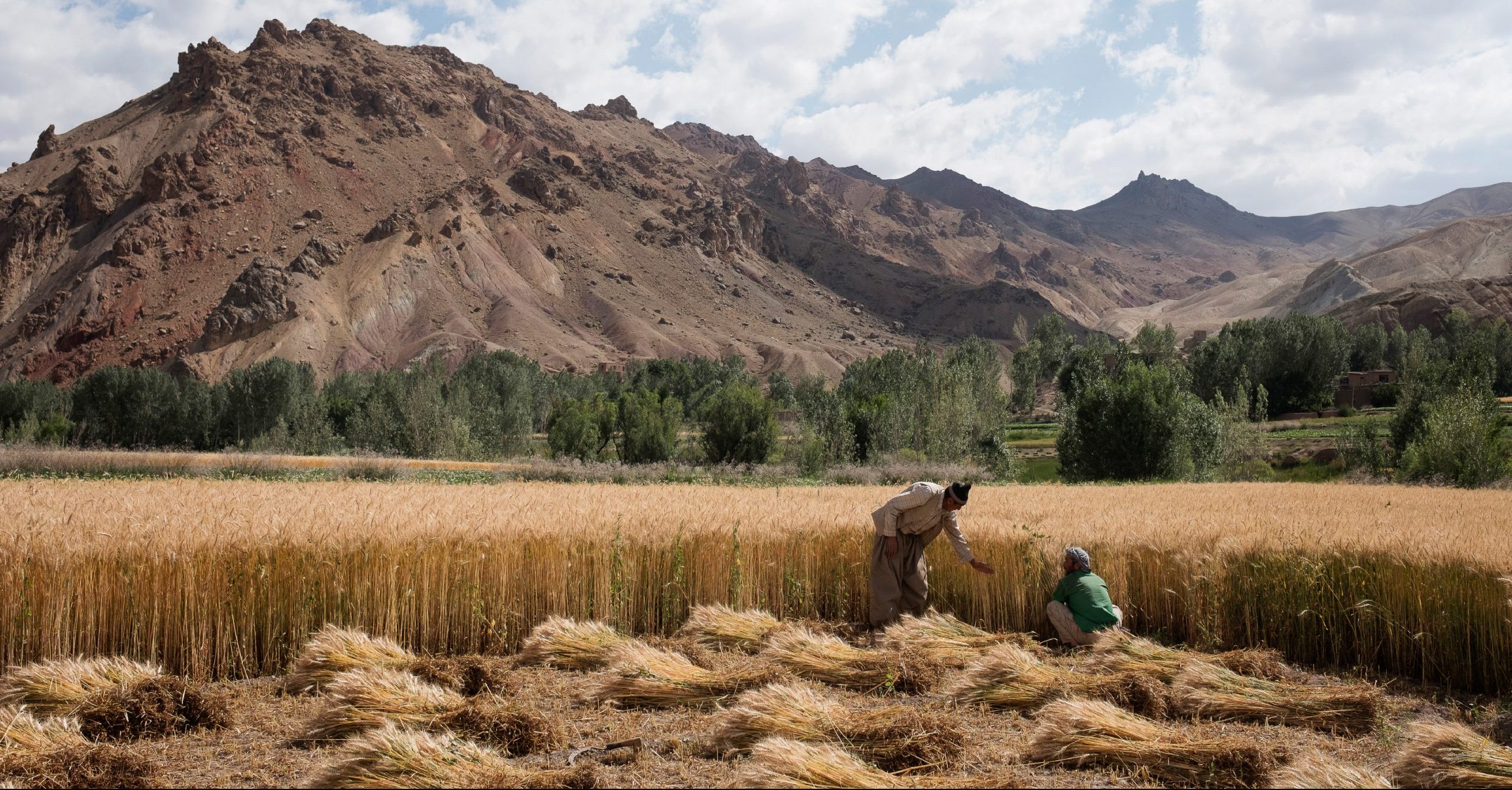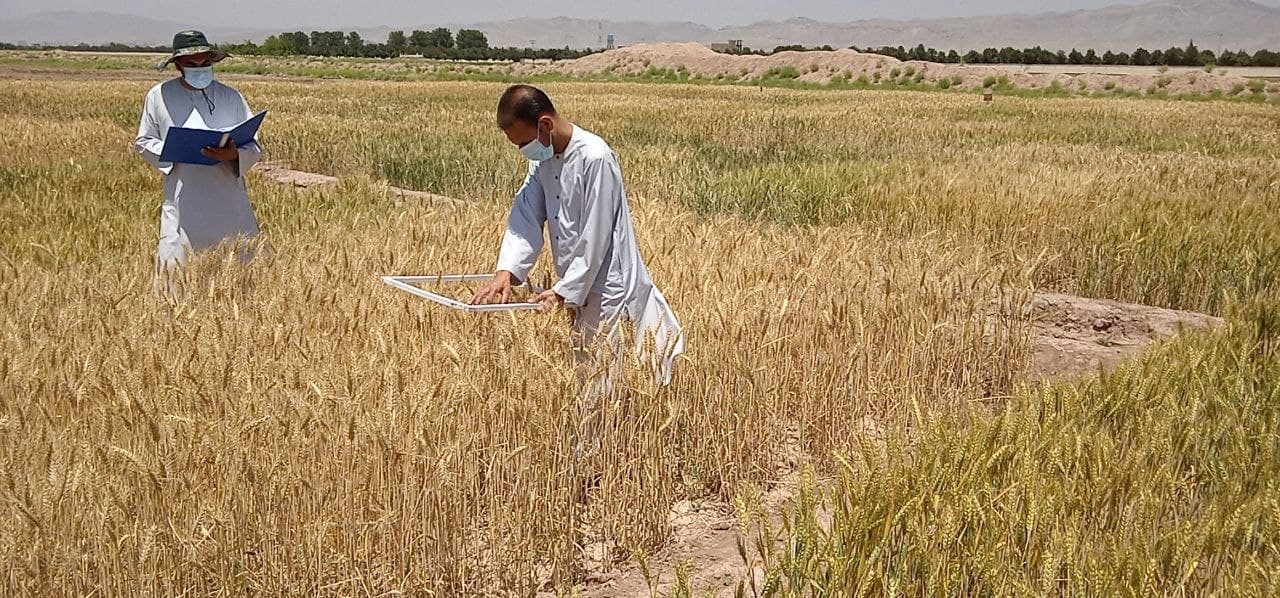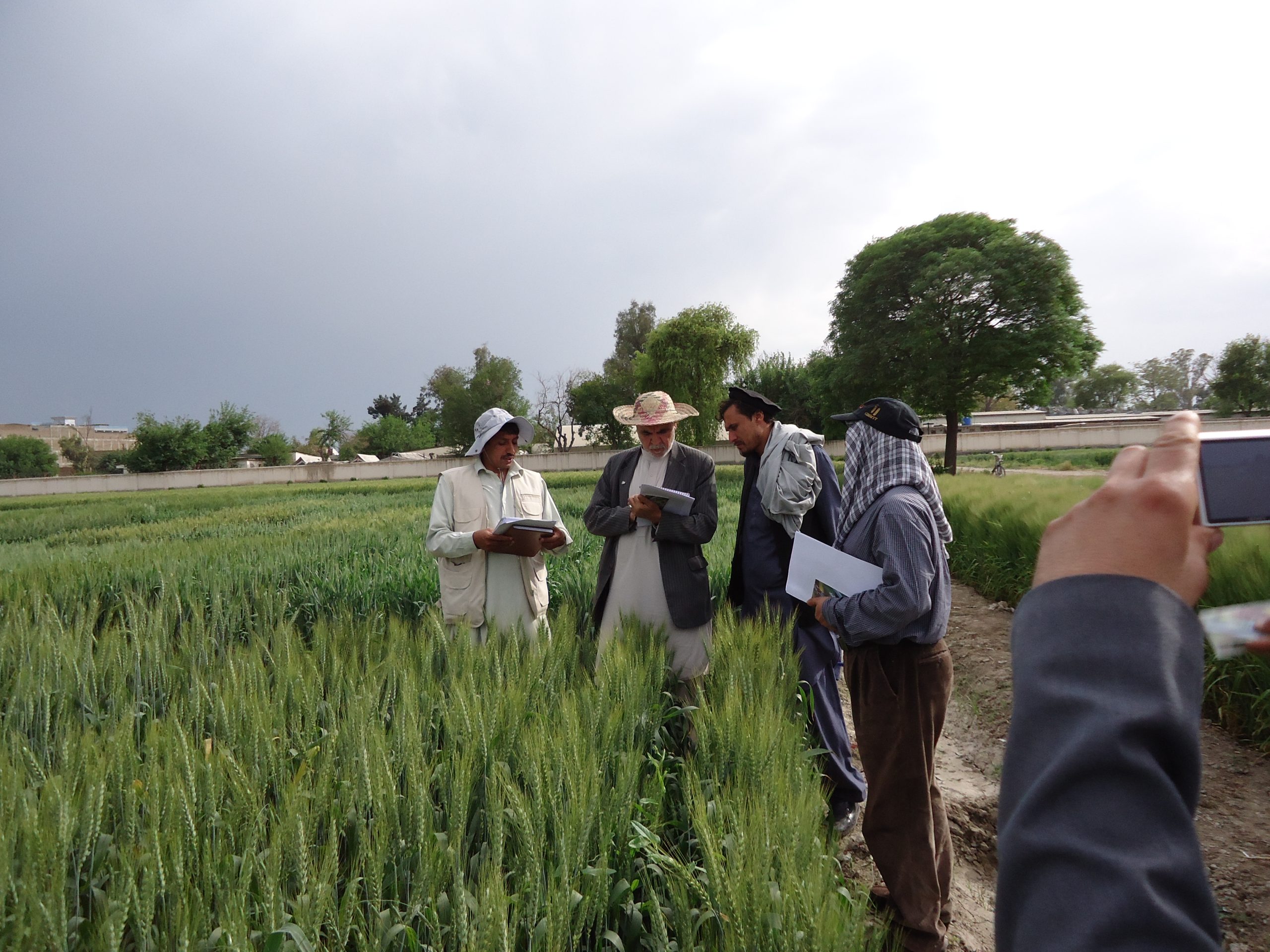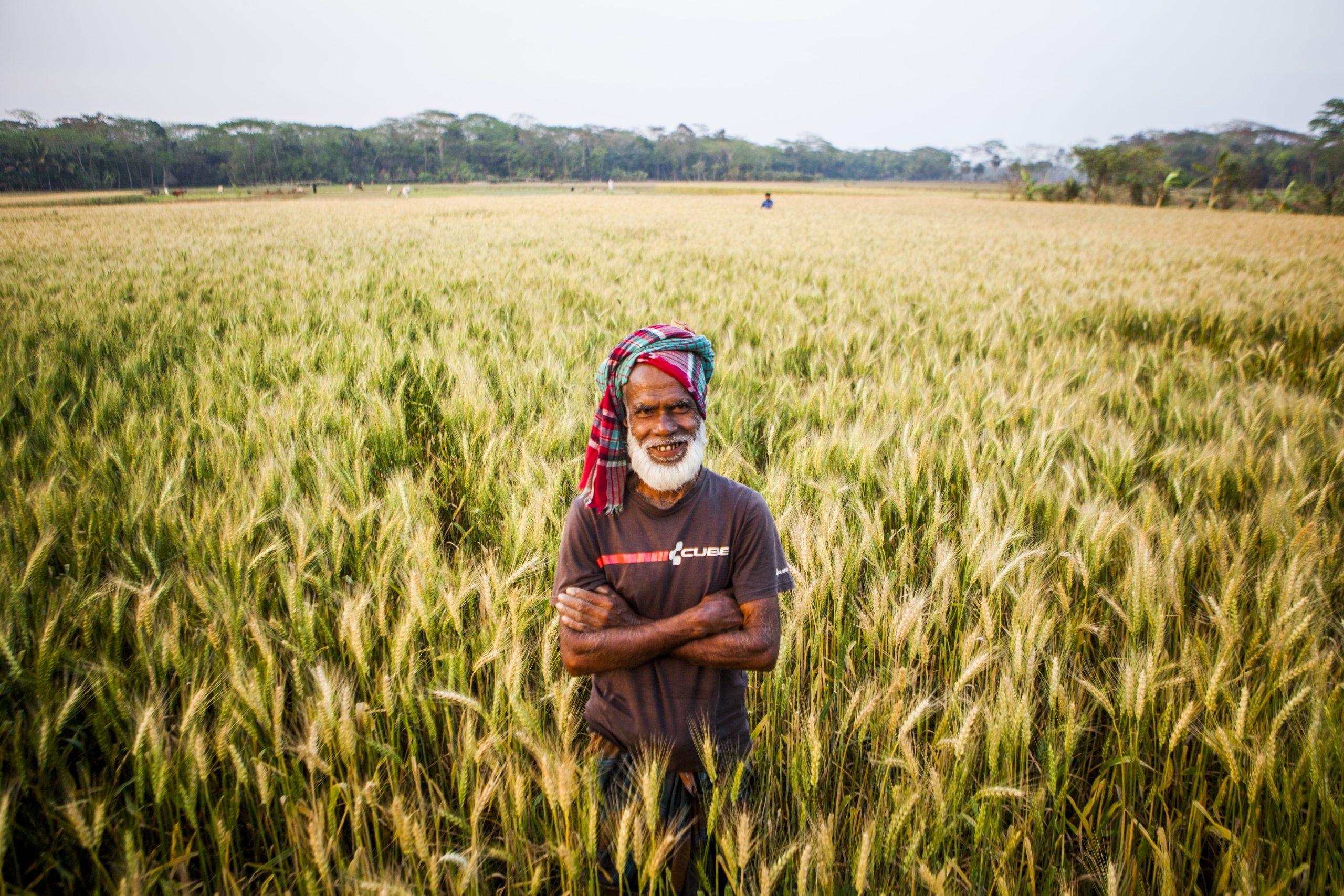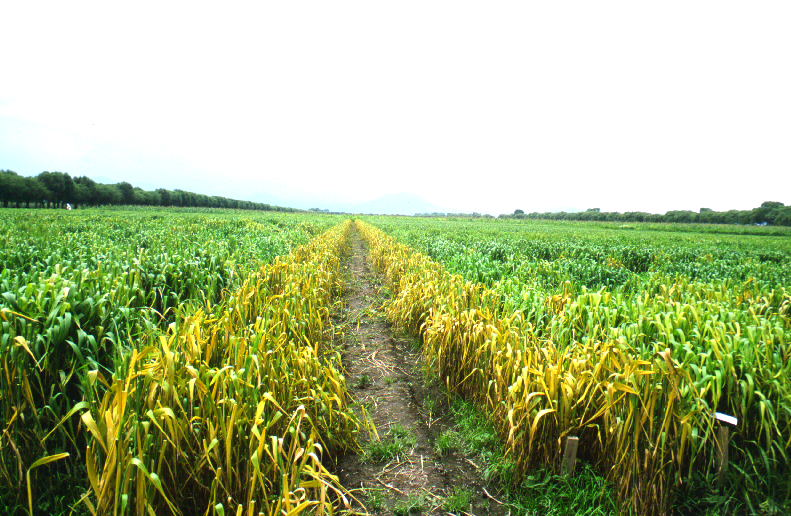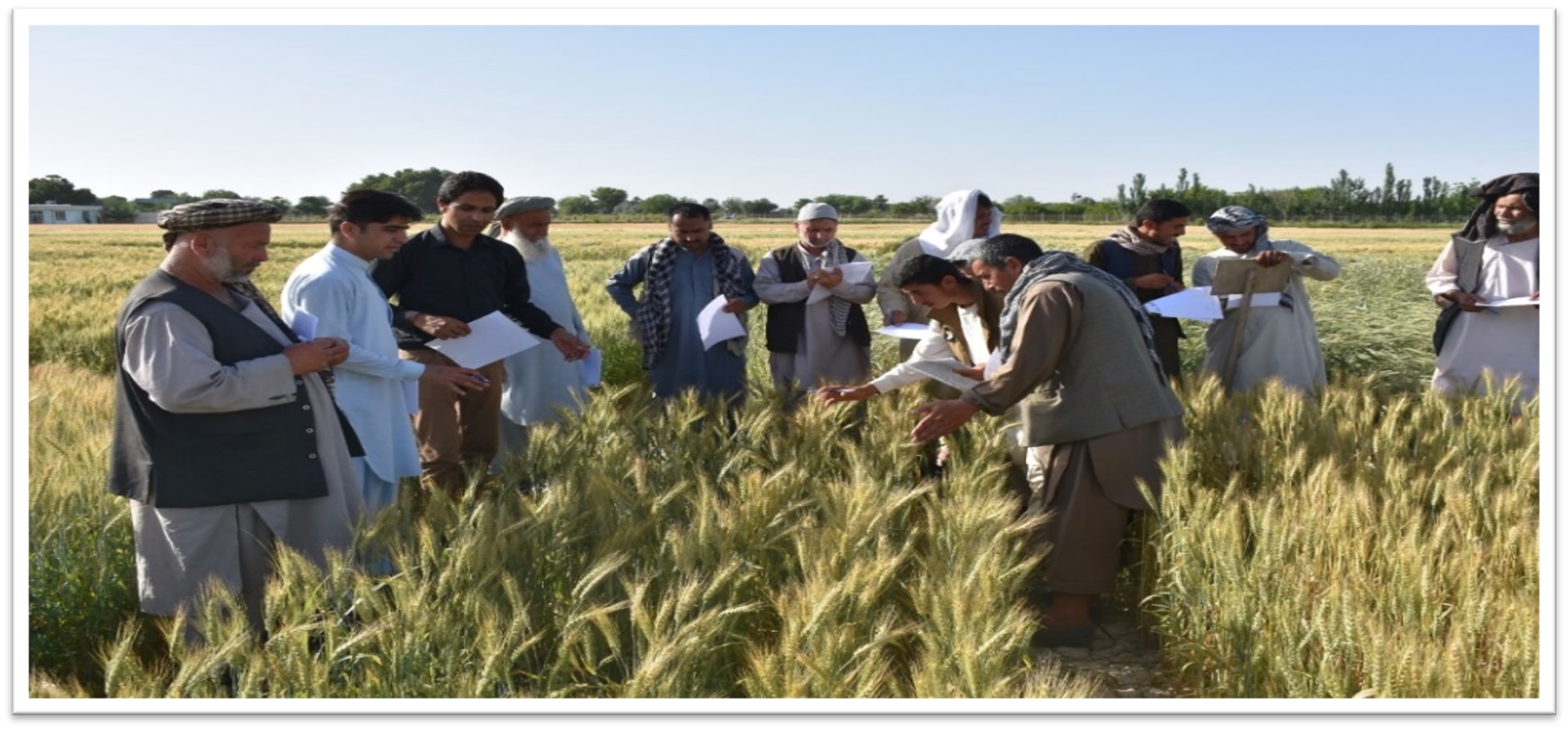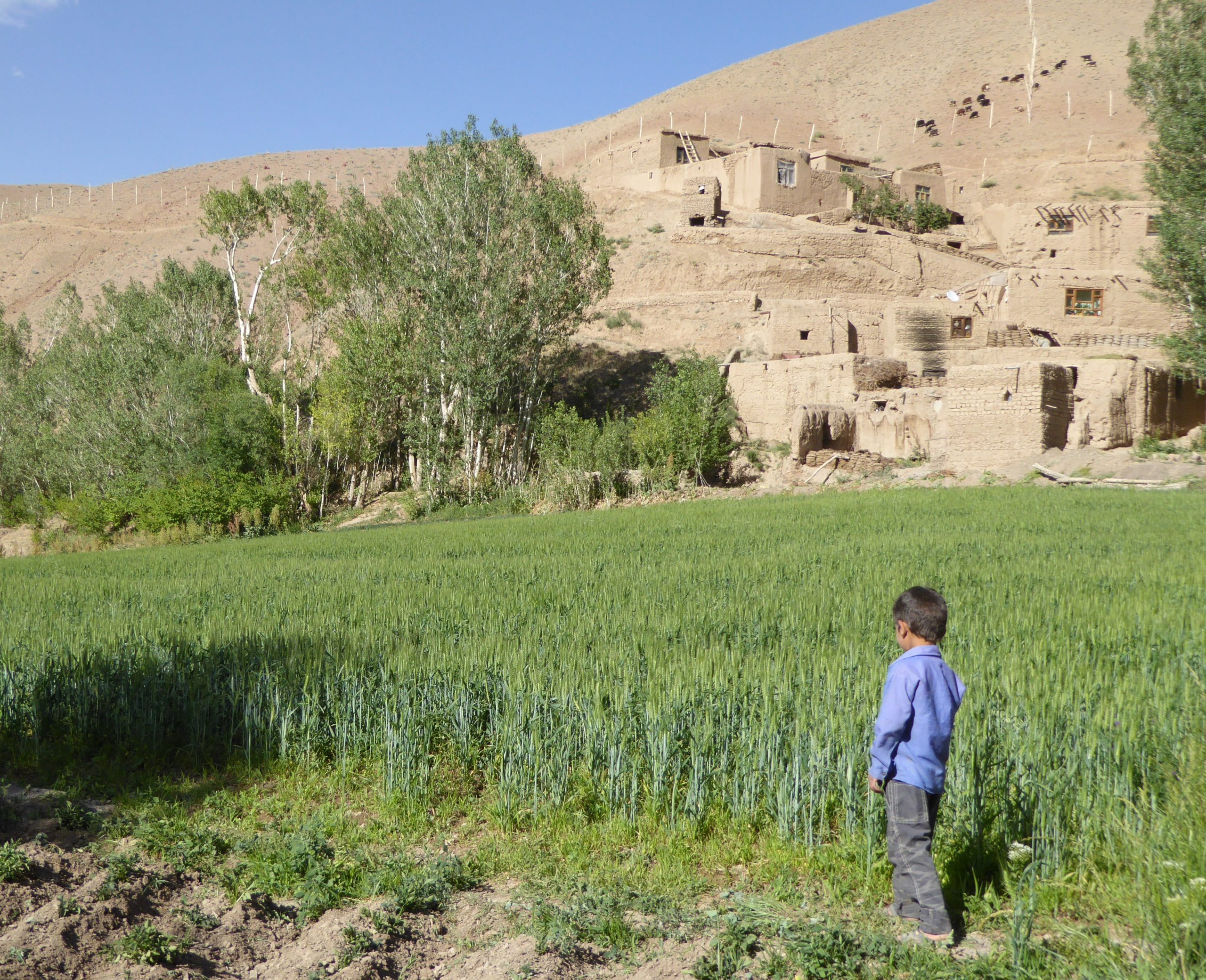Afghanistan
Pakistan’s wheat yield may decline 16pc due to climate change
 Capacity development
Capacity development
Source: Dawn (25 Jun 2023)
The wheat simulation models have been widely used to study diverse cropping systems, as growing conditions and the impact of climate change on wheat vary across the globe. Simulations for South Asian countries suggested a different magnitude of climate change impacts, particularly due to warmer temperatures.
Increasing yield gain in Afghanistan
 Nutrition, health and food security
Nutrition, health and food security
Genetic gain for yield in CIMMYT varieties distributed in Afghanistan shows an increase over a 14-year period.
The right time for the right place
 Nutrition, health and food security
Nutrition, health and food security
Zone-specific recommendations provide Afghan farmers with the best practices in wheat production for their region.
Setting a standard: improving field trial data
 Capacity development
Capacity development
New manual helps standardize field trial data collection across Afghanistan.
Can agriculture bring South Asian countries together?
 Climate adaptation and mitigation
Climate adaptation and mitigation
An article in Amar Ujala in India explores the cross-country collaboration instigated by the Borlaug Institute for South Asia.
Afghan wheat landrace shows promise for rust resistance
 Environmental health and biodiversity
Environmental health and biodiversity
Genetic analysis of the Afghan wheat landrace KU3067 reveals resistance to leaf rust and stripe rust, which can be used to develop further disease-resistant wheat varieties.
Scientists step up wheat landrace conservation efforts in Afghanistan, Turkey and other countries in the region
 Environmental health and biodiversity
Environmental health and biodiversity
In 2009, a team of wheat scientists from CIMMYT, ICARDA, FAO, and national partners set off on a five-year expedition across Central Asia to collect as many landraces as they could find.
It is time to invest in the future of Afghanistan’s wheat system
 Capacity development
Capacity development
Afghan farmers need varieties with improved traits such as heat and drought resilience, incorporating functional variation from existing landrace collections.

